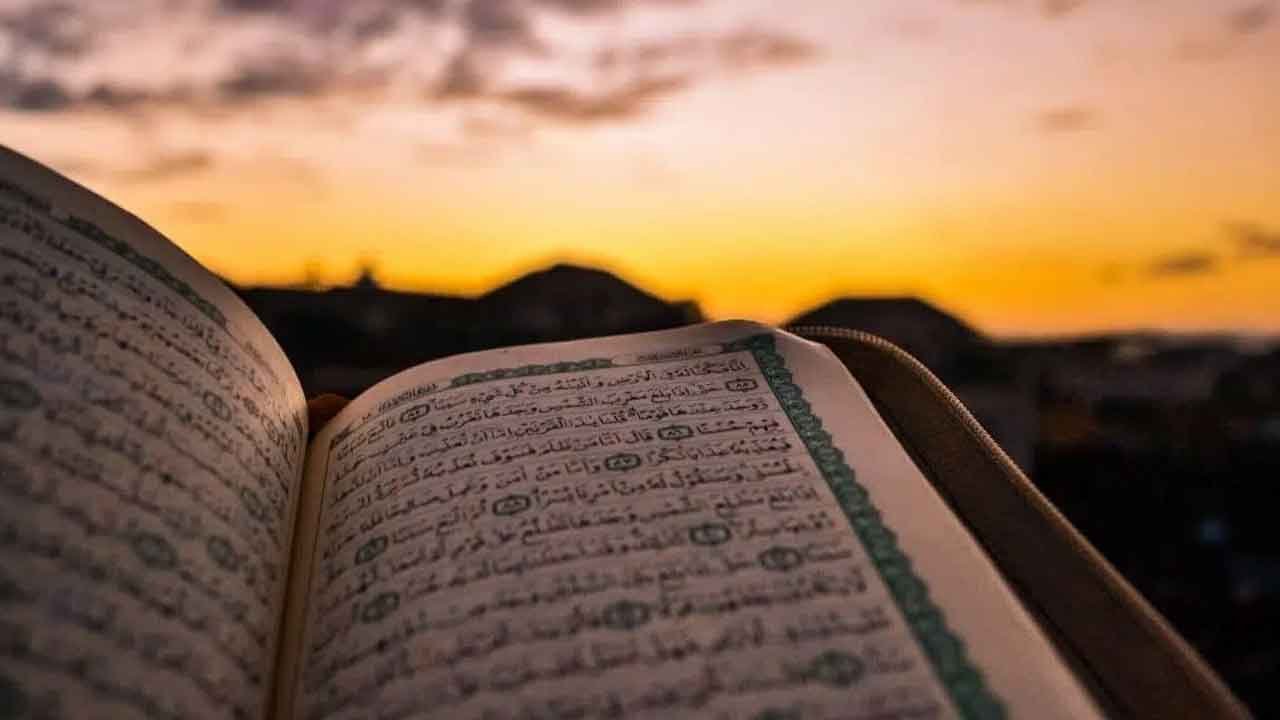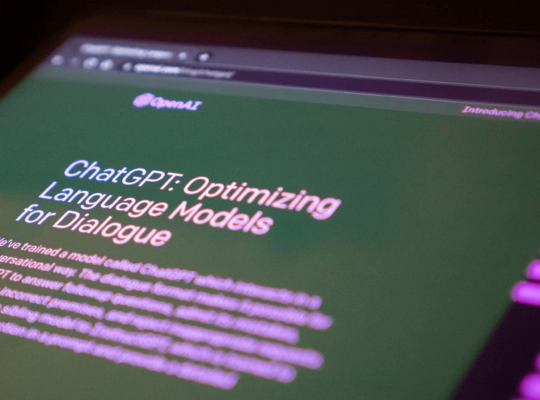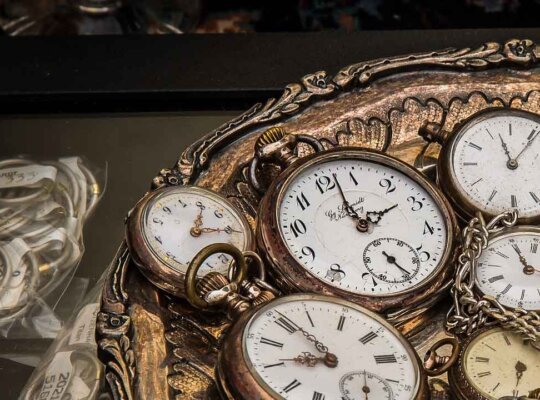The Night of Records, also known as the Night of Forgiveness or Shab-e-Barat, is a significant day for Muslims, particularly those in South Asia, the Middle East, and parts of Africa. The date of the 15th of Shaban, which is associated with the Night of Records, varies each year according to the lunar calendar used in Islamic tradition. In 2023, it is expected to fall on April 8.
Islamic scripture references the significance of this day, including a Hadith in which the Prophet Muhammad (PBUH) is reported to have said, “Allah looks at His creation on the night of mid-Sha’ban and forgives all His creation except for an idolater or one who harbours malice in his heart (against someone).” The Night of Records is also believed to be a time when Allah descends to the lowest heaven and forgives the sins of those who seek forgiveness.
In Islamic tradition, the Night of Records is a time for Muslims to reflect on their faith and seek forgiveness from Allah. Many people observe it with special prayers, remembrance of Allah (dhikr), and fasting. Some also offer voluntary prayers (nafl) and recite the Quran throughout the night.
However, there is some disagreement among scholars regarding the significance of the 15th of Shaban. Some do not give it any particular importance, and practices associated with the Night of Records, such as specific rituals or beliefs, may not be universally accepted among Muslims.
While some Muslim scholars believe that the Night of Records is a time when the fate of individuals for the coming year is determined, others caution against excessive focus on any specific day or night for seeking forgiveness or blessings from Allah. They emphasize the importance of consistent, sincere worship and good deeds throughout the year.
The Night of Records is also associated with the concept of Taqwa, which means God-consciousness or piety. It is believed that the Night of Records is a time for Muslims to renew their commitment to Allah and strive to live their lives in accordance with Islamic principles.
In some cultures, the Night of Records is celebrated with family gatherings, feasts, and sweets. Children are often given gifts and sweets, and people exchange greetings and well-wishes. However, it’s worth noting that some Muslim scholars caution against excessive focus on material aspects of the Night of Records and emphasize the importance of spiritual reflection and seeking forgiveness.
Some Muslim communities celebrate the Night of Records with communal prayers and gatherings at mosques or community centres. These gatherings may include recitation of the Quran, religious lectures or sermons, and communal meals or snacks.
It’s worth noting that some Hadiths related to the Night of Records have been questioned by some Muslim scholars, who consider them weak or fabricated. As a result, they may not be considered reliable sources of religious guidance.
The Night of Records is also a time for Muslims to remember and pray for their deceased loved ones. It is believed that Allah may grant special mercy and forgiveness to those who pray for the souls of the deceased on this night.
Overall, the Night of Records is a time for Muslims to reflect on their faith, seek forgiveness from Allah, and renew their commitment to living in accordance with Islamic principles. Whether through prayer, fasting, or other acts of worship, Muslims strive to make the most of this blessed night and strengthen their connection with their Creator.

Meet Sir Faisal Amin – a visionary educator and content management expert, who has made a lasting impact in the education sector with his unwavering commitment and passion.








